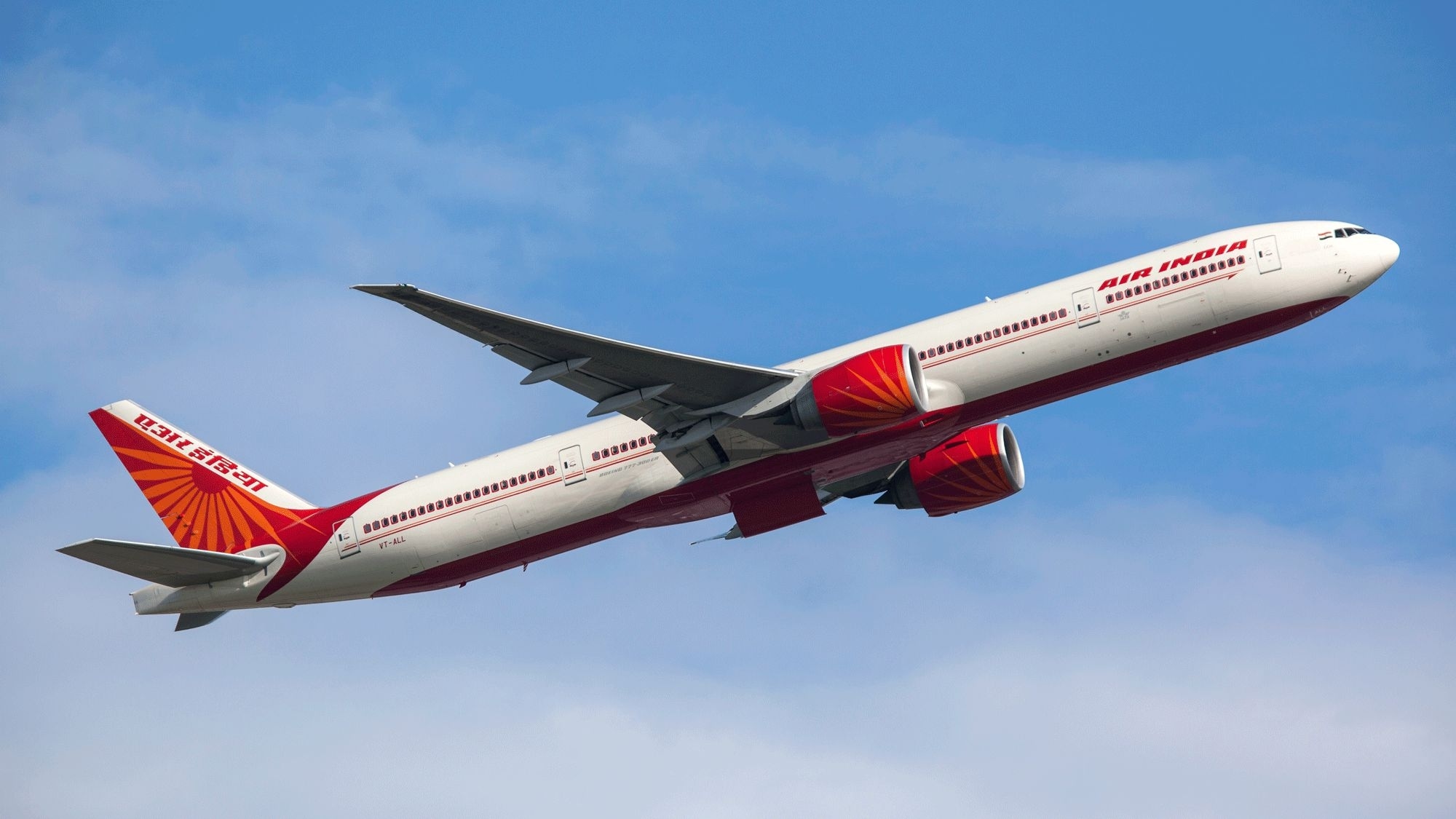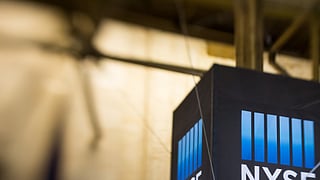Indian stock markets were struggling in early trade, dragged down by selling pressure in banking and metal stocks and weak global cues.
Indian stock markets were struggling in early trade, dragged down by selling pressure in banking and metal stocks and weak global cues.
The Sensex was down 127 points in early trade at 19,856 while Nifty was off 42 points at 5,886.30.
Sarvendra Srivastava, a market analyst, says "Nifty has failed to close past 5950-6000 resistance zone. So Indian markets are likely to be more rangebound in the near term, with 5750-5770 an important support area. "
Banking and metal stocks saw some selling pressure while defensives like pharma offset the losses.
The Bank Nifty was down nearly 1.5 percent, with ICICI Bank, SBI, Axis Bank down 1-2 percent.
A weak rupee also weighed on the sentiment. The rupee has weakened past 62 levels in early trade. The domestic currency was trading at 62.23 vs yesterday's close of 61.79.
Asian share prices sagged today as the U.S. budget deadlock dragged on and further chipped away at investors' confidence that a deal will be reached before a mid-October deadline to avoid a debt default.
While markets expect U.S. politicians will eventually strike a deal, they are getting nervous as the deadline nears without any tangible progress between Democrats and Republicans.
MSCI's broadest index of Asia-Pacific shares outside Japan dipped 0.3 percent while Japan's Nikkei average erased earlier losses but held near a five-week low.
"Everyone had been thinking that U.S. politicians will become grown-ups in the end. But some people are starting to think they look too childish to become grown-ups in time," said Tohru Yamamoto, chief fixed income strategist at Daiwa Securities.
President Barack Obama said he would be willing to negotiate only after Republicans agree to reopen the government and raise the debt limit with no conditions. Republican House Speaker John Boehner said he was disappointed by the president's approach.
Wall Street shares dropped to one-month low on Tuesday, with S&P 500 index falling 1.2 percent. The CBOE Volatility Index, a measure of investor anxiety, rose also nearly 5 percent to close at its highest since June 20. (With Agency Inputs)

 Sign Up with Google
Sign Up with Google




 RECOMMENDED FOR YOU
RECOMMENDED FOR YOU





